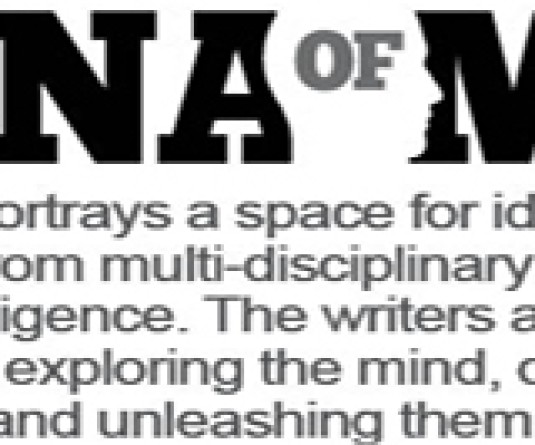
Kezienguno
Nagas were known for their honesty and hardworking in the past. Men and women, young or old, were all actively engaged in works. In the ancient days, those who do not engage in any work isa shameful thing. There is a common saying which goes – “People who is lazy to work should not eat”. Nagas firmly believe in dignity of labour and therefore work hard to make a living in the past. They were once honest and diligent workers. However, weare losing our sense of integrity and work ethic somewhere along the path in the development process, giving in to the illusions of living a life of luxury without working.Undoubtedly, modernization has brought significant changes in our society but deteriorates the ethos of hard work. The vast majority of people in our state are now greedy, lazy, and blatantly materialistic due to the influx of non-natives into the industrial and labour industries.
Nowadays, the traditional Naga attributes of goodness, simplicity, honesty, and hard labour are quickly vanishing. As a result, we are currently overwhelmed with the turmoil ofnew social challenges, moral and ethical issues, and unemployment issues.Today children are sent to school with a general belief that they shouldn't do manual work.
Many parents still adhere to the false belief that their children shouldn't endure the same suffering that they suffered. As a result, manual work no longer has any respect. If children weretaught and encouraged to attend school and to treat labour with respect, it would have made a constructive contribution to modernization in all spheres of.
The fact that we rush blindly towards modernisation, drawn to the new comforts yet reluctant to change our old attitude, demonstrates our ignorance.The younger generation need full attention from the elders as well as teachers if we want to see decent character, good citizenship, and work ethics among them. As many people has the mentality that education is seen as a transit to aneasylife without putting in a lot of hard work, it is possible that our educational system bears the brunt of the blame for the current corruption and unemployment issues in our society. Therefore, it is imperative that we make every effort to promote the dignity of labour among our people, especially among the youth to ensure that Nagas do not have to rely on people from outside the state to come and work for us in our fields, to build our roads and houses, to take care of our gardens, or to tend our animals etc…
In this regard, let's briefly go through the concept and goals of education. Education is often associated with acquiring knowledge. Yet this is a false perception. Teaching someone to read and write does not constitute education; rather, it only qualifies one as literate. The goal of education should be to promote a child's overall development. In other words, it should aims to develop a child's physical, mental, spiritual, and social qualities. Students should not only be taught to get a degree and get a job, but also to become a man or woman: someone capable of applying all of their abilities for the benefit of themselves and that of the society. Hence, our schools and colleges should place greater emphasis on educating our students about the physical, moral, and spiritual facets and should be taught the dignity of work among the students.
Majority of our schools and institutions currently neglected these crucial tasks. Therefore, making these pursuits in curricular subjects of study is the only way to encourage them in educational settings like schools and universities. In the end, it will be the efforts and commitment of teachers as well as the elders to successfully encourage and promote a sense of dignity in the students and restore the forgotten dignity of labour of our Naga society.
The writer is an Assistant Professor in St Joseph’s College (A), Jakhama.






